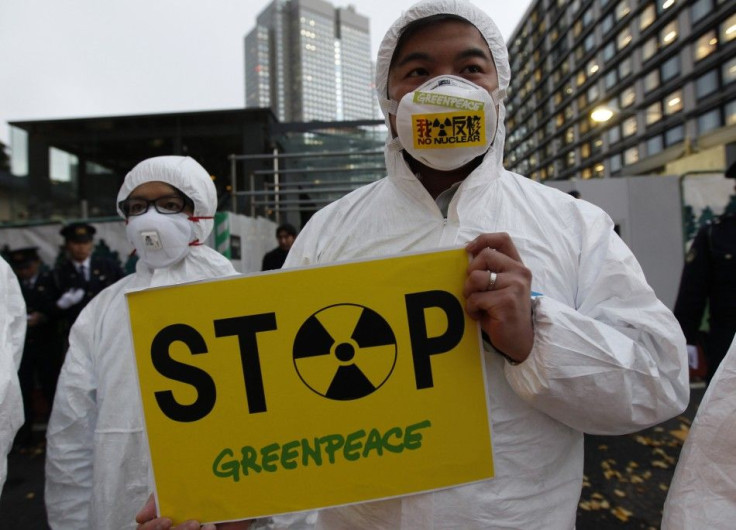Japan Wasn’t Prepared for Fukushima Disaster: Ex-PM Kan

Japan was ill-prepared for the Fukushima nuclear disaster last year that was triggered by an earthquake and tsunami, and ultimately cost 20,000 lives, its former prime minister said.
Naoto Kan told The Associated Press the Fukushima Daiichi plant shouldn't have been built so near a tsunami-prone coast.
Before 3/11, we were totally unprepared, he said, referring to when the earthquake and tsunami struck. Not only the hardware, but our system and the organization were not prepared. That's the biggest problem.
Although Kan acknowledged poor communication between government officials and nuclear regulators hampered cleanup and rescue efforts during the height of the crisis, he insisted the government didn't intentionally conceal any information from the public. The disaster exposed a number of latent manmade problems and weaknesses within Japan's nuclear industry, he added.
Kan, who resigned as PM in August, said the disaster made it clearer to him Japan needs to drastically reduce its dependence on atomic power and focus more on renewable energy; nonetheless, Kan said, I wouldn't call myself antinuclear.
I seek a society nonreliant on nuclear energy, a society that can do without nuclear energy, and Japan can prove a role model. It's possible.
Before the Fukushima crisis, Japan generated almost one-third of its electricity from nuclear power.
Indeed, Japan has significantly scaled back its nuclear power operations and all but two of the nation’s 54 reactors are now offline and undergoing inspections. It has also shelved plans to boost power capacity by 50 percent by 2030
Kan also admitted his government kept secret a report that called for the evacuation of 30 million people from the Tokyo metropolitan area in the event the nuclear crisis escalated, in hopes of preventing widespread panic, the AP reported.
My mission was to stop that from happening and think how to do it, said Kan. We were lucky to have taken the crisis under control before things turned worse.
In hindsight, however, he said the Fukushima plant shouldn't have been built near the vulnerable coast.
If they had thought about it, they wouldn't have intentionally built it at a place so low, he said. The plant was built on the assumption that there was no need to anticipate a major tsunami, and that's the very beginning of the problem.
We should have taken more adequate safety steps, and we failed to do so. It was a big mistake and I must admit that [the accident] was due to human error.
The Fukushima meltdown displaced some 100,000 residents who lived near the plant. Officials have said it will take four decades to completely decommission the site.
It's unclear when the idled plants will be restarted, The New York Times said; however, the new PM, Yoshihiko Noda, is said to want the plants back on line as soon as possible, but is delaying the move out of fear of a public backlash.
Japan has so far avoided any power shortages, largely thanks to a comprehensive conservation program, the NYTimes noted.
“March 11 has shaken Japan to the root of its postwar identity,” Takeo Kikkawa, an economist at Tokyo’s Hitotsubashi University, told the paper.
“We were the country that suffered Hiroshima and Nagasaki, but then we showed we had the superior technology and technocratic expertise to safely tame this awesome power for peaceful economic progress. Nuclear accidents were things that happened in other countries.”
© Copyright IBTimes 2025. All rights reserved.





















